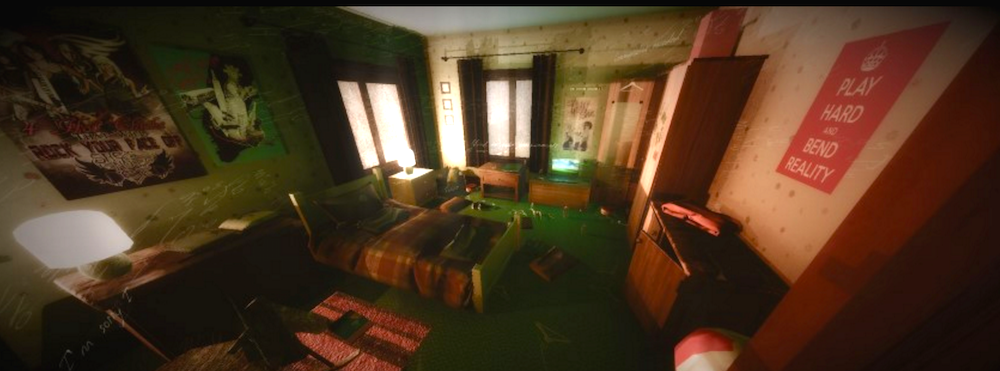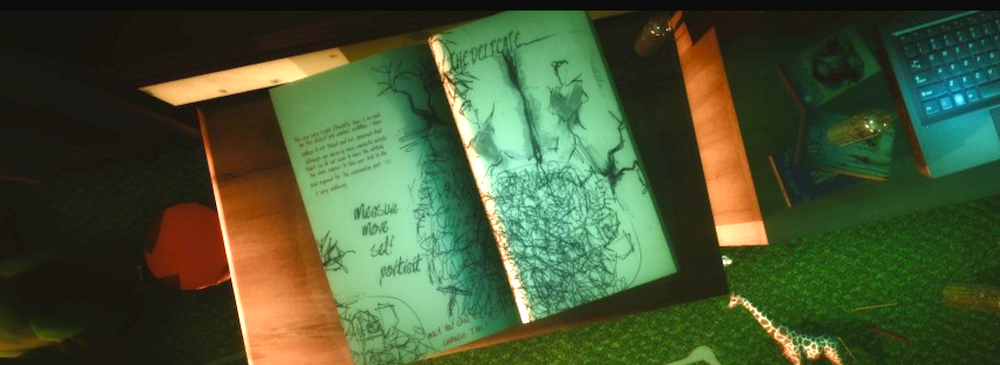There are some virtual reality video games that make small sacrifices in visual fidelity for the sake of performance. Pluto does not appear to be one of those games.
Created by independent developers, Andy Campbell and Mez Breeze, Pluto is an award winning visual experience slated for a Q3 2016 release on PC and Mac. A follow up release in Q1 2017 will bring VR support to the ambitious new title as well.
The game features an intricately crafted story that looks to be in the same vein as the recent first person experience masterpiece Gone Home in that the story progresses through the exploration of what appears to be a long-deserted home.
During gameplay, “you – the player / reader – will find yourself frequently fluctuating between several time zones, during which the protagonist’s house varies in terms of narrative clues, content, clutter, mood, and appearance.”
The story itself follows a computer engineer named John, who inherits a collection of mysterious objects from his Aunt. As the game progresses, John and his daughter start to notice the unusual properties of these objects. The more the pair are exposed to the artifacts, the more their realities and memories seem to change.
According to Campbell, “Pluto narratively toys with the concept of time, offering a series of windows into characters’ lives at different points in their personal histories. Pluto also explores – through the central gameworld – that concept of other places existing where time no longer feels stable or linear.”
For a game that has yet to be released, Pluto has already raked in a considerable amount of accolades. In 2015 the game took home the Tumblr International Digital Media Prize. Since then, Pluto has amassed a myriad of official sections, commission, and other artistic accolades.
The developers have yet to disclose an official release date, price, or trailer for Pluto; but it could become a VR hit if it is able to translate the same level of artistry it has already been expressing into the immersive space.





























